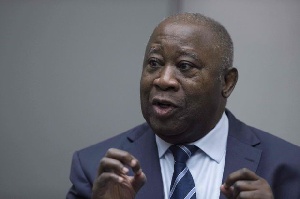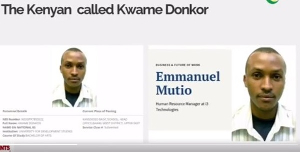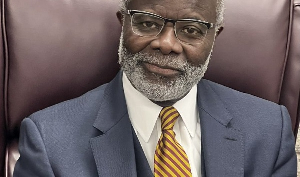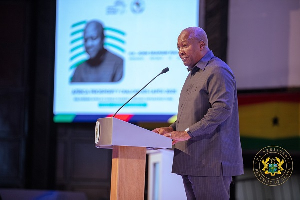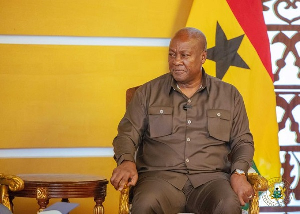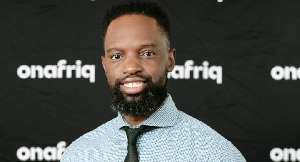The International Criminal Court (ICC) in The Hague has acquitted Ivory Coast ex-President Laurent Gbagbo. This would certainly be a good news to the family and supporters of this man who has suffered in the hands of the ICC.
A man who was captured in 2011 by western powers because of a disputed elections that resulted in a civil war only to be cleared by the court is a vindication of his unchanged position of not pleading guilty of war charges against him. Many including me were of the view that to have picked one of the leaders and leaving one to walk freely into political power after several lives were lost, was the beginning of injustice.
The many that were killed was precipitated by clashes of the two opposing parties but Gbagbo suffered the outcome after the UN, France and other forces went after him to the advantage of Alhassan Quattara.
I must say that it was and is still a regrettable political history clouded in darkness as thousands of citizens painfully shared their blood and died because of others' quest for political power.
It must be a lesson for all of us as Africans. Let's strengthen our democracy by strengthening our internal Democratic institutions so that we can timely intervene in sure sad situations. Our failure in law implementation and the lack of collective spirit among African leaders, partly contributed to that historic political blunder.
May be, this is one of the reasons why I have been an ardent critique of African leaders who have over the years failed to solved their own problems. If African leaders had the wherewithal or better still, the commitment to resolve that political catastrophe at the time, the West could not have penetrated our local politics only to take sides.
I am not by this claiming that Laurent Gbagbo was right in the manner in which he managed the post election issues but once there was a war between the supporters of both parties, it is just and right to blame both parties and their leaders.
The procrastination of African leaders in addressing African problems has always given the west an unfettered advantage to scheme a certain syndicated political interest through unknown alliances to the detriment of African development. We must learn to solve our problems and salvage ourselves from the manipulation of the West.
I am not a lawyer, but if I were Laurent Gbagbo I would go back to the court to demand damages. The justice served after several years of the incarceration of Gbagbo is "half justice" To have wasted so many years in court because of frivolous charges that have proven to be incompetent at the end of the tussle is painful.
Even though I have not read the judgement and have not even seen it yet, Gbagbo deserves a special settlement from the news reports I have read so far. He has suffered enough for nothing.
His credibility, respect and global reputation is gone! The stigmatization he faces for the charges labelled against him linger on. Today we are told he is innocent of the charges and that ends it?
Justine isn't justice if it destroys somebody without basis. I won't go further. I look forward to glancing through the judgement but my preliminary submission is that he deserves some special settlement and his home country must be willing to treat him as a statesman.
Whatever political differences that existed before, Laurent should be received back into the country. That is the only way the world would know that the political leaders of Ivory coast, desire peace, harmony and tranquility. It would also be a very good beginning for a graceful national reconciliation. If all of these fail, then we can conclude that the wheels of justice have been bent against an innocent former leader.
Background
Mr Gbagbo was captured in 2011 in a presidential palace bunker by UN and French-backed forces supporting his rival, Alassane Ouattara. He was the first former head of state to go on trial at the ICC.
What was Mr Gbagbo accused of? The violence in Ivory Coast, the world's biggest cocoa producer, came after Mr Gbagbo refused to accept that he had lost a disputed election run-off to Mr Ouattara in 2010.
The five months of violence that followed were described as some of the most brutal clashes the country had ever seen.
During the political stand-off there were bloody clashes and targeted killings in Abidjan in the south, and several hundred were massacred in the western town of Duekoue.
Prosecutors said Mr Gbagbo clung to power "by all means" and charged him with four counts of crimes against humanity, murder, rape and other forms of sexual violence, persecution and "other inhuman acts".
He denied the charges, which he said were politically motivated. ICC judges ruled on Tuesday that he had no case to answer and ordered his immediate release.
Opinions of Wednesday, 16 January 2019
Columnist: Denis Andaban





